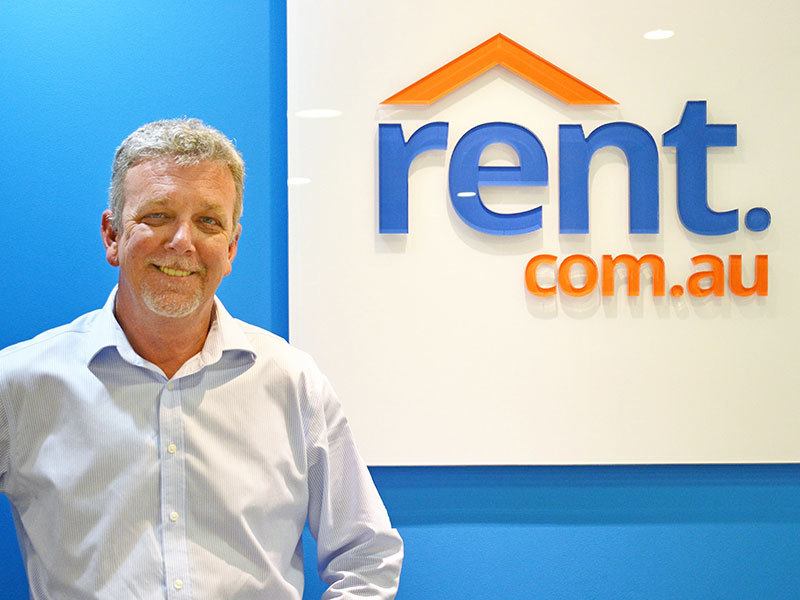The COVID-19 pandemic has placed Australia’s property market in unchartered territory. But despite the economic uncertainty, the road to ownership for renters remains open.
As the government slowly eases lockdown restrictions imposed at the height of the coronavirus outbreak, Australia’s housing sector, much like many other industries, is preparing to get back on track.
But with the long-term economic and financial effects of the pandemic on the country’s residential property market all but uncertain, many are treading the situation with extreme caution.
However, experts believe that the current business climate still presents several opportunities for homeownership.
Emma Slape, chief executive officer at Adelaide-based independent agency Turner Real Estate, and Greg Bader, chief executive officer at rental property website Rent.com.au, shared their insights with Your Investment Property.

Greg Bader

Emma Slape
Australia’s housing sector post-COVID-19
Slape said that while Australia’s housing sector experienced a downturn because of the pandemic, signs of economic activity have started to show.
“There is definitely consistent activity right now through the sector, but we’ve shifted back a gear on where we were earlier this year,” she said.
Slape added that the uncertainty about the long-term impact of COVID-19 has resulted in people “making all real estate decisions – whether it’s buying, selling or renting – with a great deal of consideration,” and this has contributed to the market slowdown.
“However, those ready to move now are serious and properties hitting the market for sale are attracting qualified interest from buyers right away. Likewise, if a property is priced to meet the market for rent, it is also attracting solid interest,” she said.
Meanwhile, Bader said that the “general uncertainty will linger for some time” as the economy “moves to recovery mode.”
“This will create downward pressure on house prices, both sales and rentals,” he said.
Renting or ownership: Which is better?
Bader said that age often played a crucial role on homeownership.
“Ownership typically provides a greater sense of security and most of us will head to this direction as we get a little older and our career paths become clearer, and/or when starting a family becomes important.”
He also said that most younger people favoured renting as they were still figuring out what to do in life or where they want to settle.
“At this stage, the flexibility to chase that dream job – or dream partner – to another city or another part of the world is important,” he said.
However, Bader said that as people moved towards life after COVID-19, the “generic pros and cons” of renting and homeownership were going to be amplified.
He said that the rise on unemployment and the end to the government’s relief package have a negative impact on people’s incomes, which he expected to affect the housing market.
“Prices are likely to fall, making it harder to sell at your preferred price, but we are also likely to see rental prices fall and rental choices increase,” Bader said.
“Because of this, renters are likely to have more choices, and without a mortgage to consider, likely to have greater flexibility. That said, an owner with some equity in their property coupled with the mortgage payment flexibility being offered by banks could mean they are better positioned to ride out a period of greatly reduced income.”
Factors to consider when buying a property
Both experts advised potential home buyers to carefully consider their financial security before making a purchase.
“Home buyers need to feel financially stable and be able to service a long-term mortgage with their provider. COVID-19 hasn’t changed these important fundamentals,” Slape said.
“For some, buying a home has been on the agenda for a while and is still attainable financially – so these home purchasers will still go ahead. For others who have been saving, this may be a time to pause and hold on to the savings whilst they continue to rent,” she said.
Slape also said that the pandemic has presented some good opportunities for potential buyers.
“Interest rates are historically low, so although there may be a steadying of house prices for a little while, the opportunity to pay off debt faster for those in a strong financial position is countering some of that expected gain over the short term,” she said.
The path to ownership
Bader said that the renting community has two fast-growing segments and each group has carved a unique path towards homeownership.
First is the logical renter who rents entirely for practical and logical reasons.
“These people are typically financially savvy, although not yet financially established. They typically see ownership as a goal in the future, but they want to sort out all the normal “life” stuff first,” Bader said.
He added that the current lower prices may push this group towards homeownership, but the general economic uncertainty may hold them back as well.
The second group consists of “rentvestors.” These are property owners who rent out their properties while they rented somewhere else or those who are saving to buy a property but do not intend to live there and instead plan to rent it out.
Bader said this group always “have an eye out for opportunities,” but were likely to face pressure in the next six to 12 months because of the economic climate.